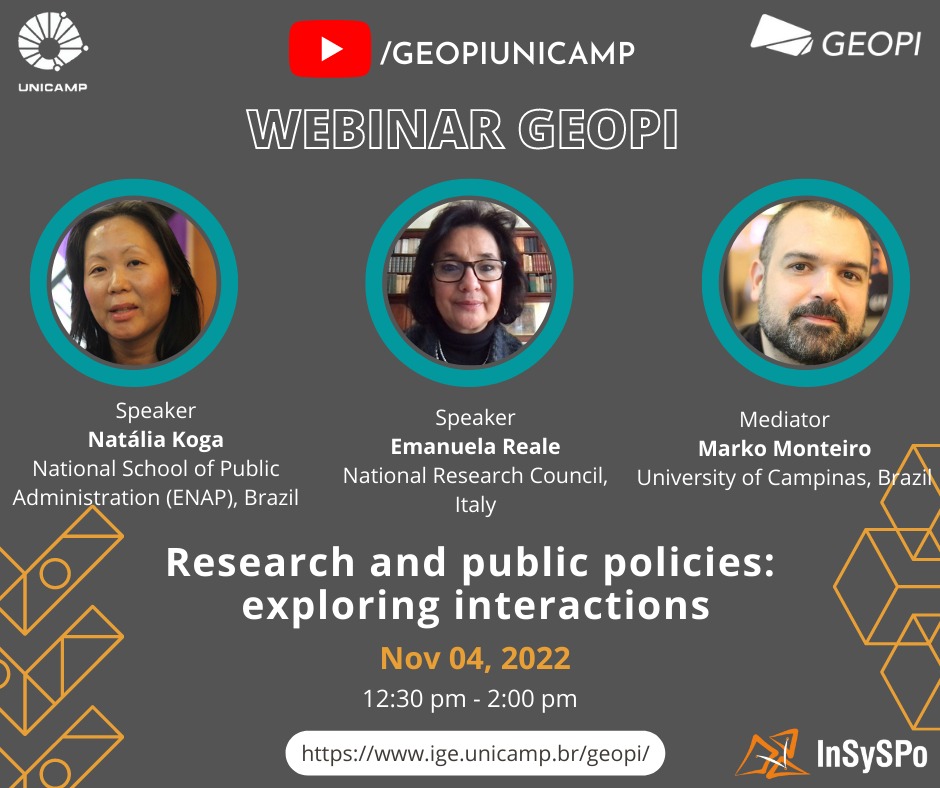
- 04/11/2022
Research and public policies: Exploring interactions
- Online – https://www.youtube.com/geopiunicamp
- Organization: GEOPI
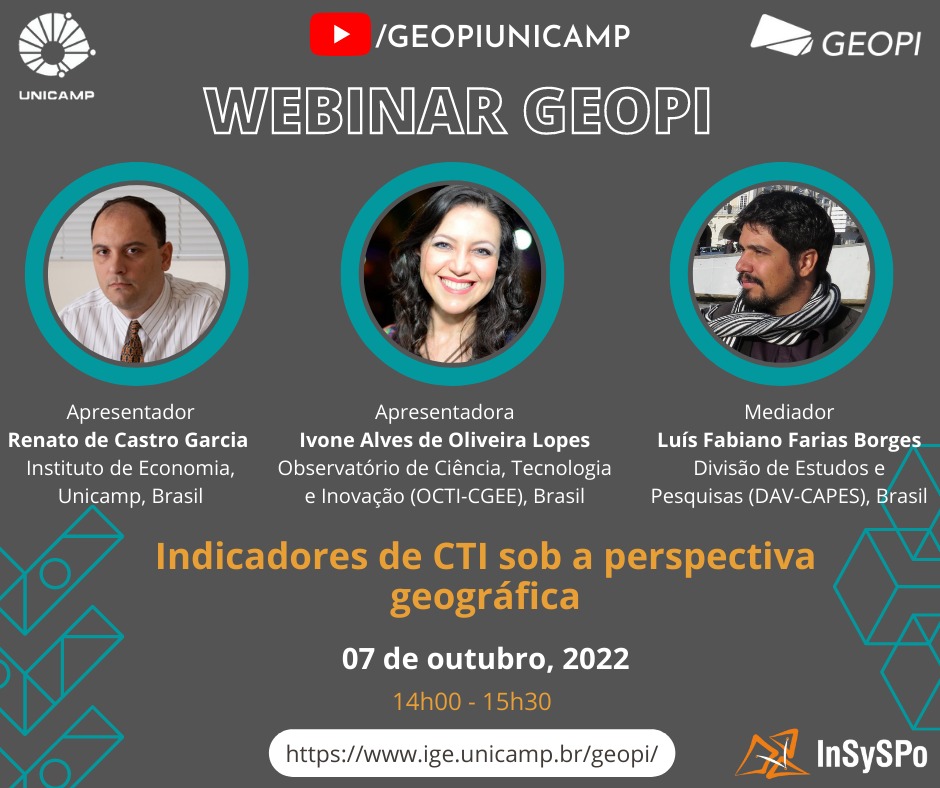
- 07/10/2022
STI indicators from a geographic perspective
- Online – https://www.youtube.com/geopiunicamp
- Organization: GEOPI
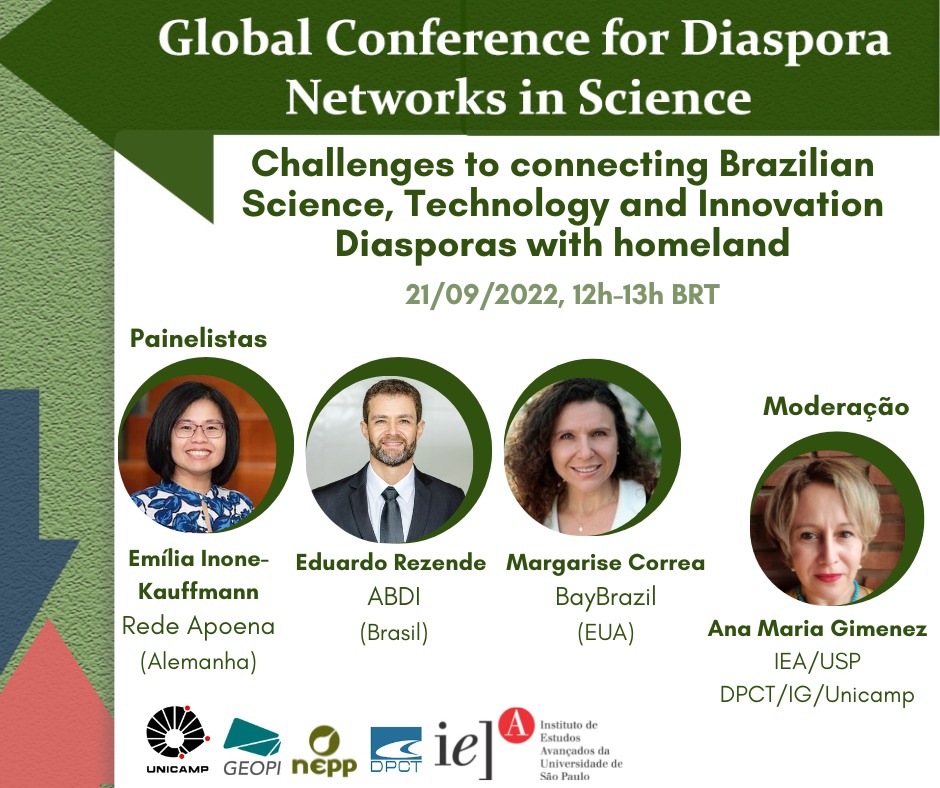
- 21/09/2022
Challenges to connecting Brazilian Science, Technology and Innovation Diasporas with homeland
- Online – https://www.youtube.com/geopiunicamp
- Organization: GEOPI, NEPP e IEA
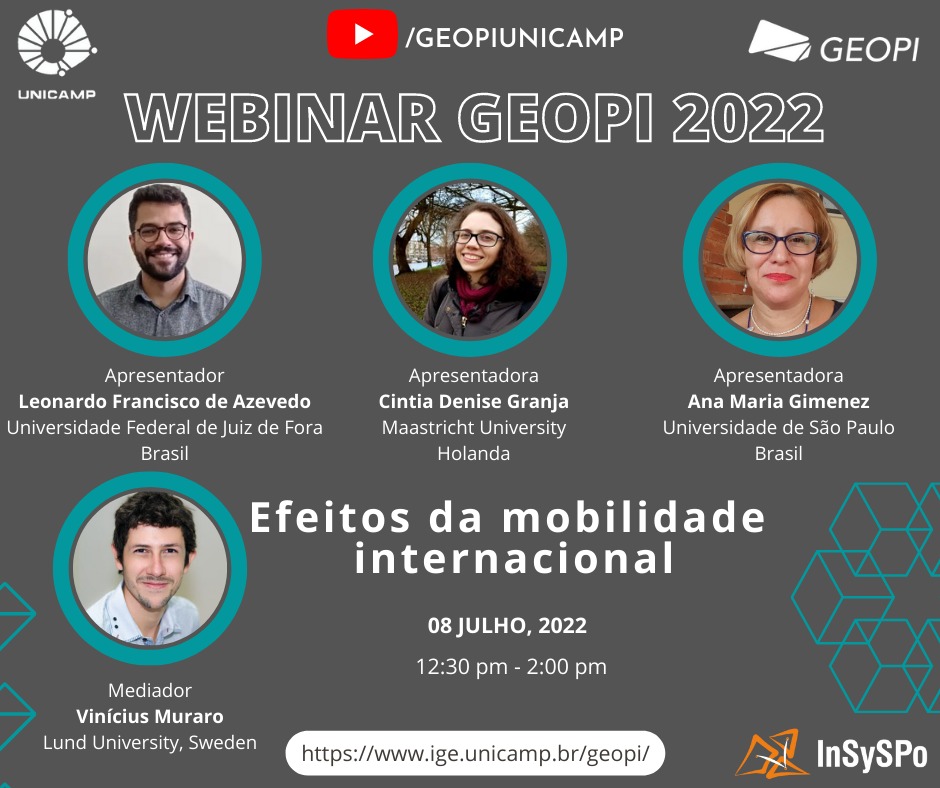
- 08/07/2022
Effects of international mobility
- Online – https://www.youtube.com/geopiunicamp
- Organization: GEOPI

- 03/06/2022
Research impact beyond academia
- Online – https://www.youtube.com/geopiunicamp
- Organization: GEOPI
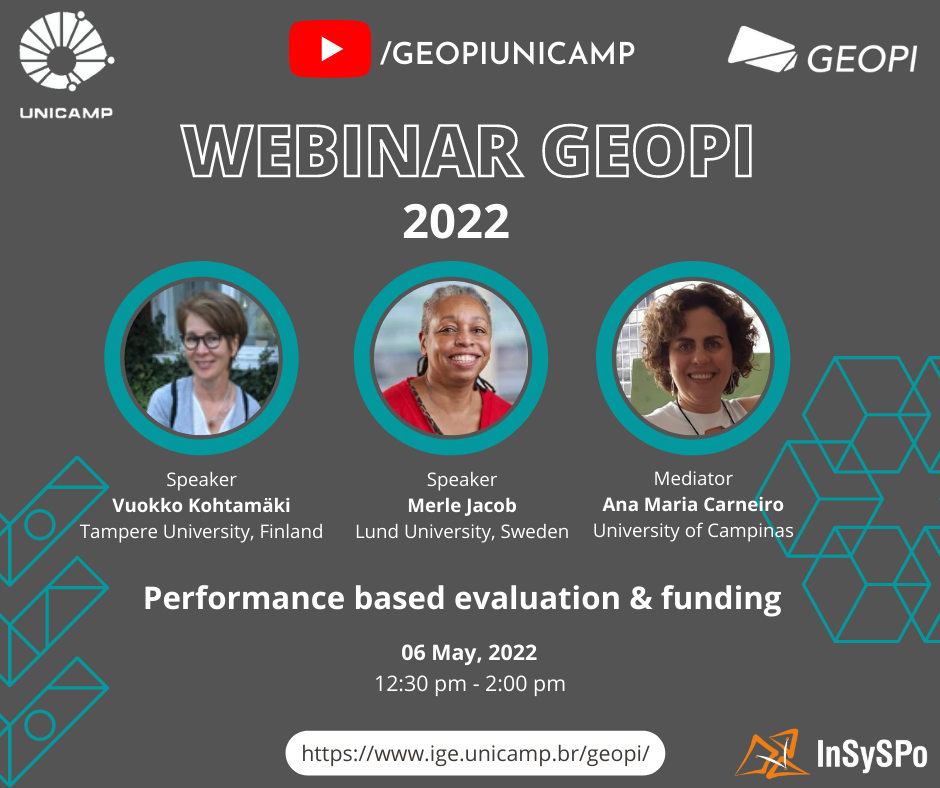
- 06/05/2022
Performance based evaluation & funding
- Online – https://www.youtube.com/geopiunicamp
- Organization: GEOPI

- 13/04/2022
LEES Seminars 2022: “Affirmative action policies in higher education and international mobility of Brazilian students
- The Event will have a hybrid format and can be attended in person in room 28 at Nepp/Unicamp, as well as through Meet. Contact us by email at lees@unicamp.br to receive the link
- Organization: LEES and GEOPI
Emmy Arts holds a master's degree in Linguistics and French Literature from the Universiteit van Amsterdam (Netherlands) and a doctoral student in Sociology from the Université Paris Cité (Ceped/IRD) in France, in international co-supervision with UNICAMP (FE/LEES). As an employee at the École Centrale de Marseille (France), Emmy serves as Head of the Department of International Relations.

- 23/02/2022
- The Event will have a hybrid format and can be watched in person at the Nepp/Unicamp auditorium, as well as on the LEES YouTube channel.
- Organization: LEES and GEOPI
Internationalization is often portrayed as an instrument for the crystallization of hegemonic powers derived from colonial legacies. Thus, the countries of the “Global North” dictate what counts as knowledge production and feed dependencies with the countries of the “Global South”. This division creates global centers of higher education that clearly distinguish systems at the center from those at the periphery. One of the mechanisms through which this division solidifies is the training of future researchers. This chapter examines data from 5,340 teachers in Chile, Malaysia, and Turkey, three nations that form part of the Global South. First, we asked to what extent their universities employ professors with whom they did their doctorates in central countries. We then tested whether faculty perspectives on internationalization differ between those trained in major higher education systems and those trained elsewhere. Second, we explore differences in terms of time allocation, preferences, and overall satisfaction. The results indicate that differences between countries are more significant than between professors and that all professors feel strong pressure to publish abroad. However, those trained in core countries collaborate more with colleagues abroad, are somewhat more critical of internationalization resources at their institutions, and allocate more time to external activities than their peers.
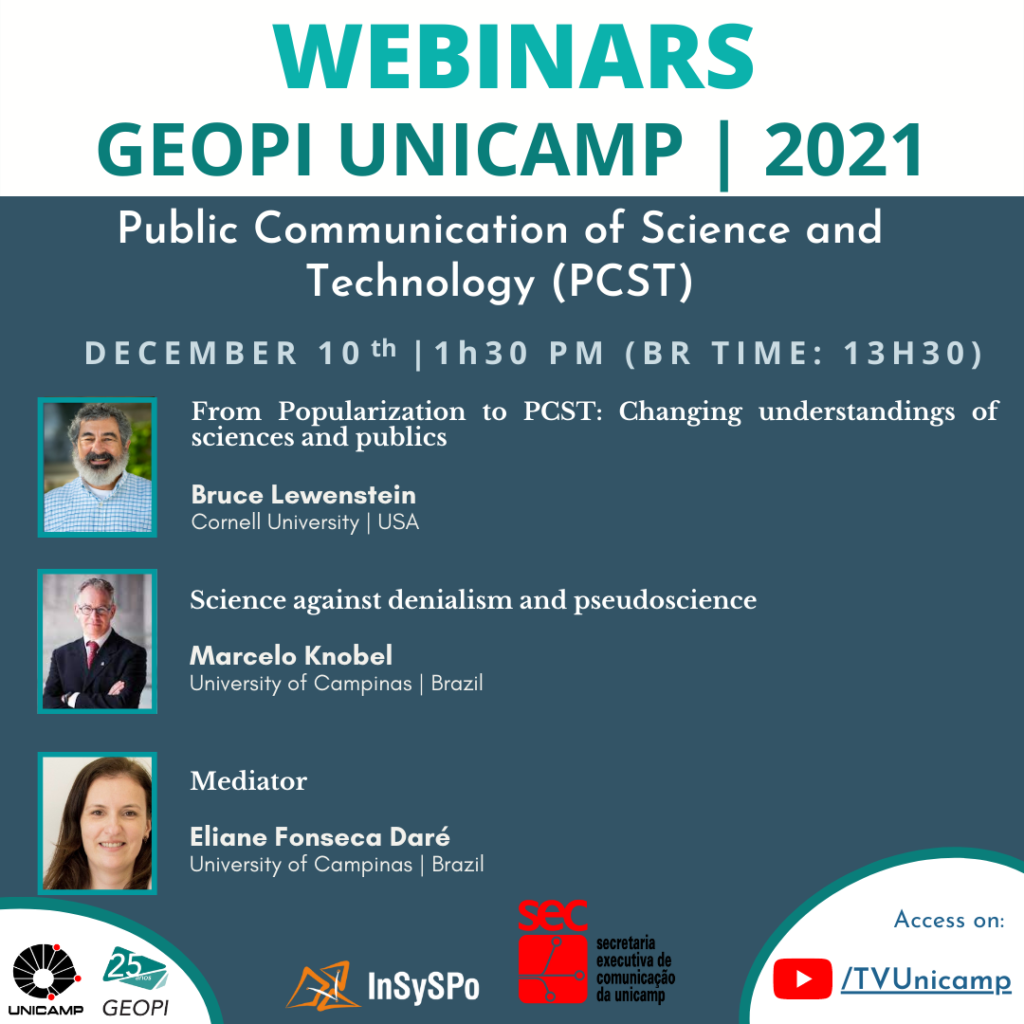
- 10/12/2021
- Online – https://www.youtube.com/c/TVUnicamp
- Organization: GEOPI and Secretaria de Comunicação da Unicamp
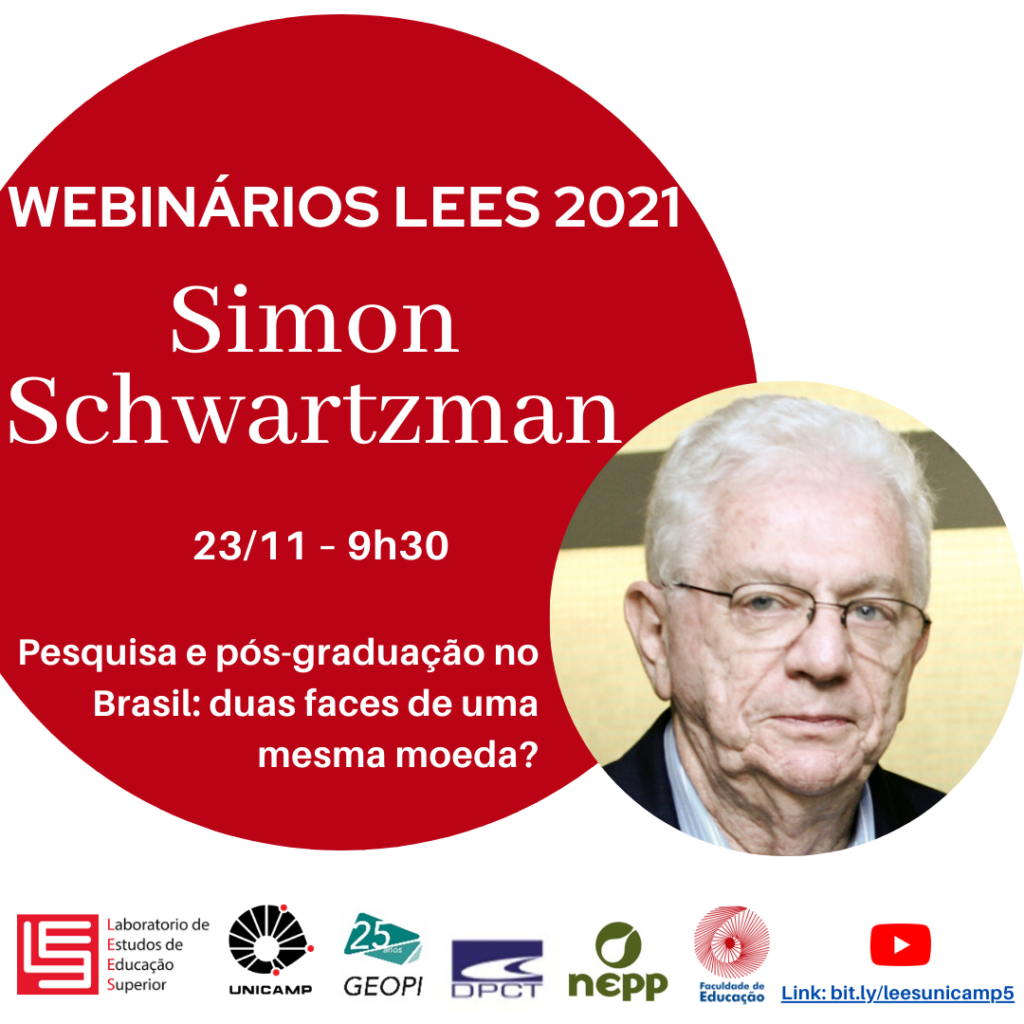
- 23/11/2021
- Online – https://www.youtube.com/c/laboratoriodeestudosdeeducacaosuperiorlees
- Organization: GEOPI and LEES
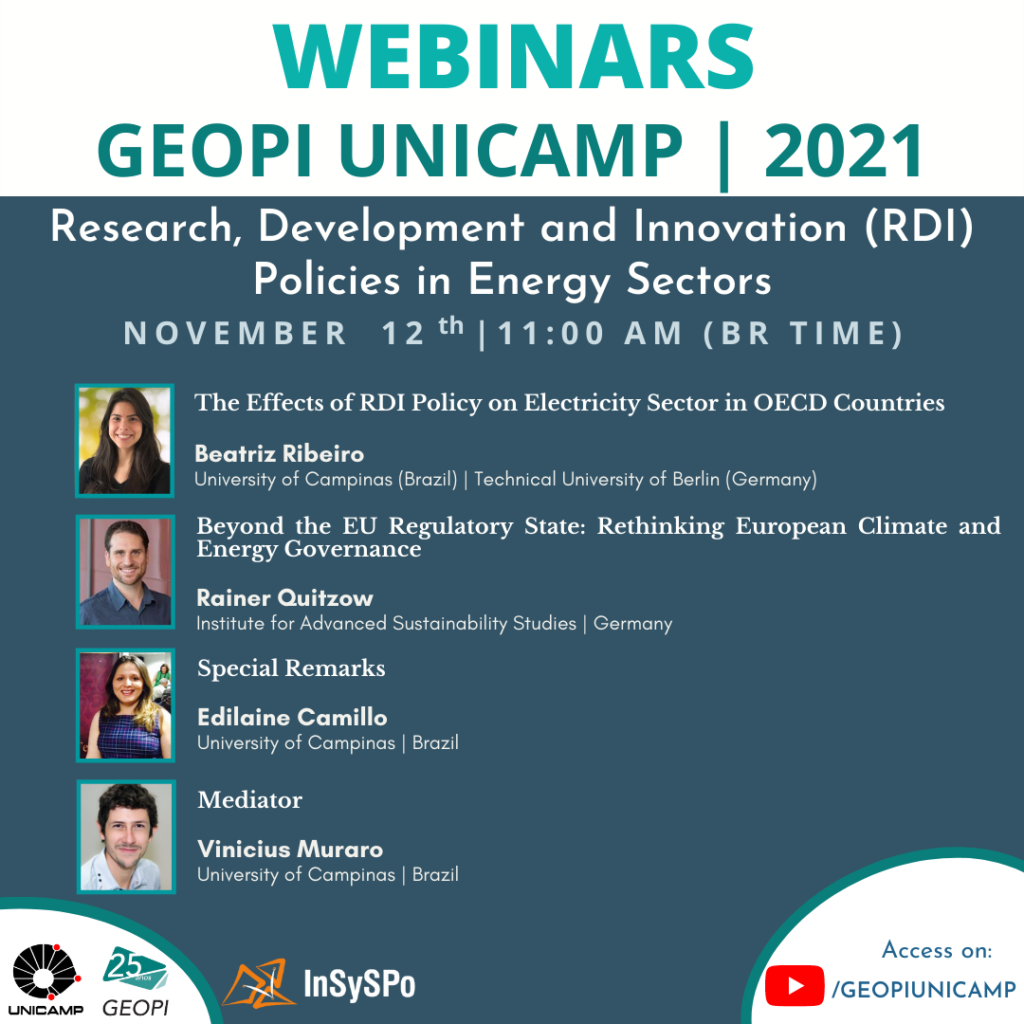
- 12/11/2021
- Online – https://www.youtube.com/geopiunicamp
- Organization: GEOPI
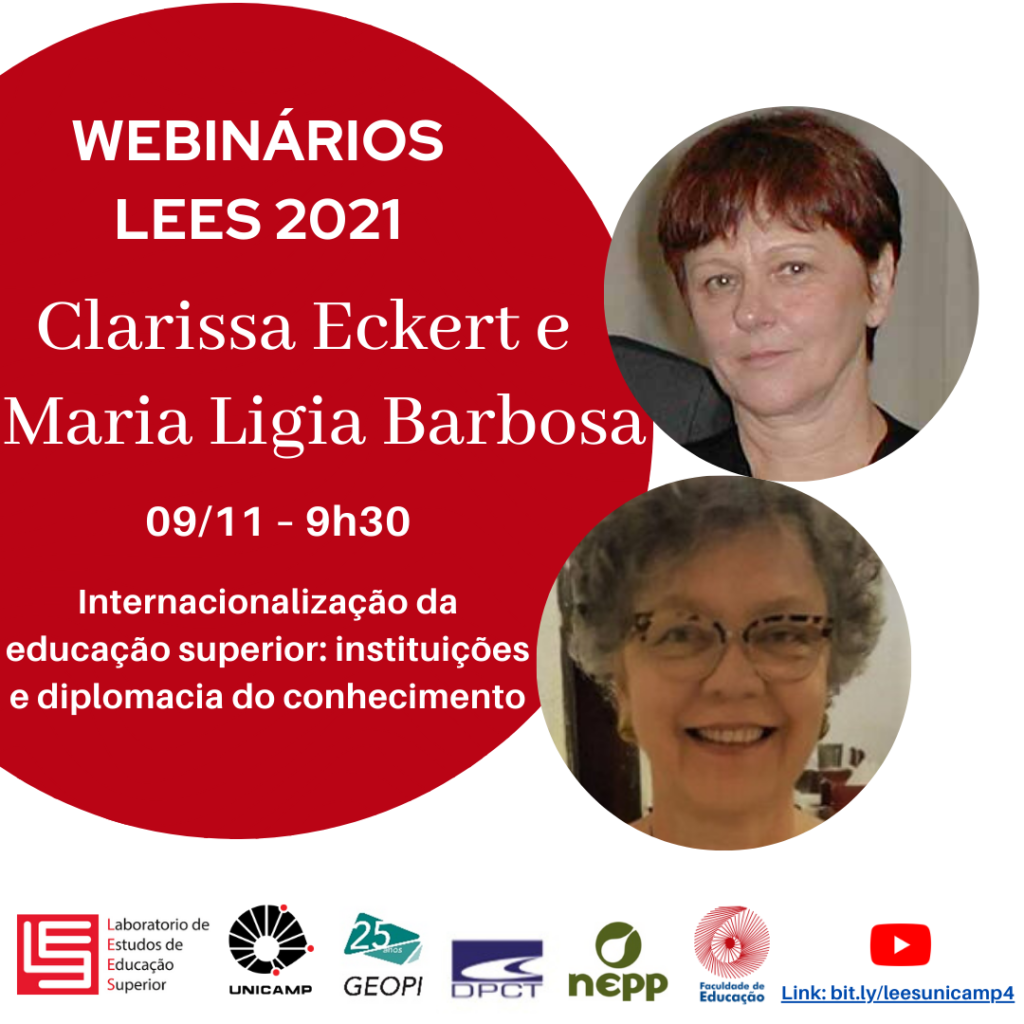
- 09/11/2021
- Online – https://www.youtube.com/c/laboratoriodeestudosdeeducacaosuperiorlees
- Organization: GEOPI and LEES

- 14/10/2021
- Online – https://www.foruns.unicamp.br/eventos/forum-permanente-universidade-e-sociedade-durante-e-no-pos-pandemia-desafios-e-perspectivas
- Organization: GEOPI and LEES
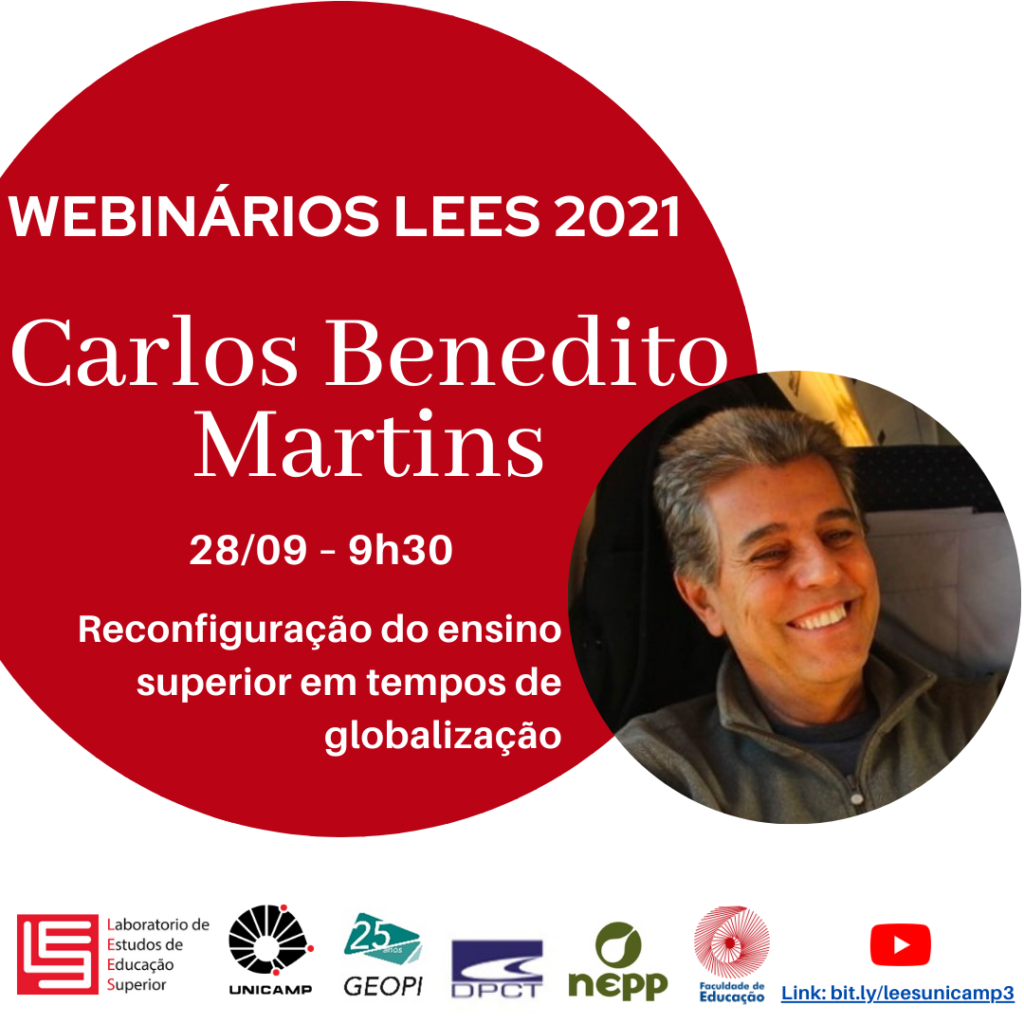
- 28/09/2021
- Online – https://www.youtube.com/watch?v=k8cXILVlO7o
- Organization: GEOPI and LEES
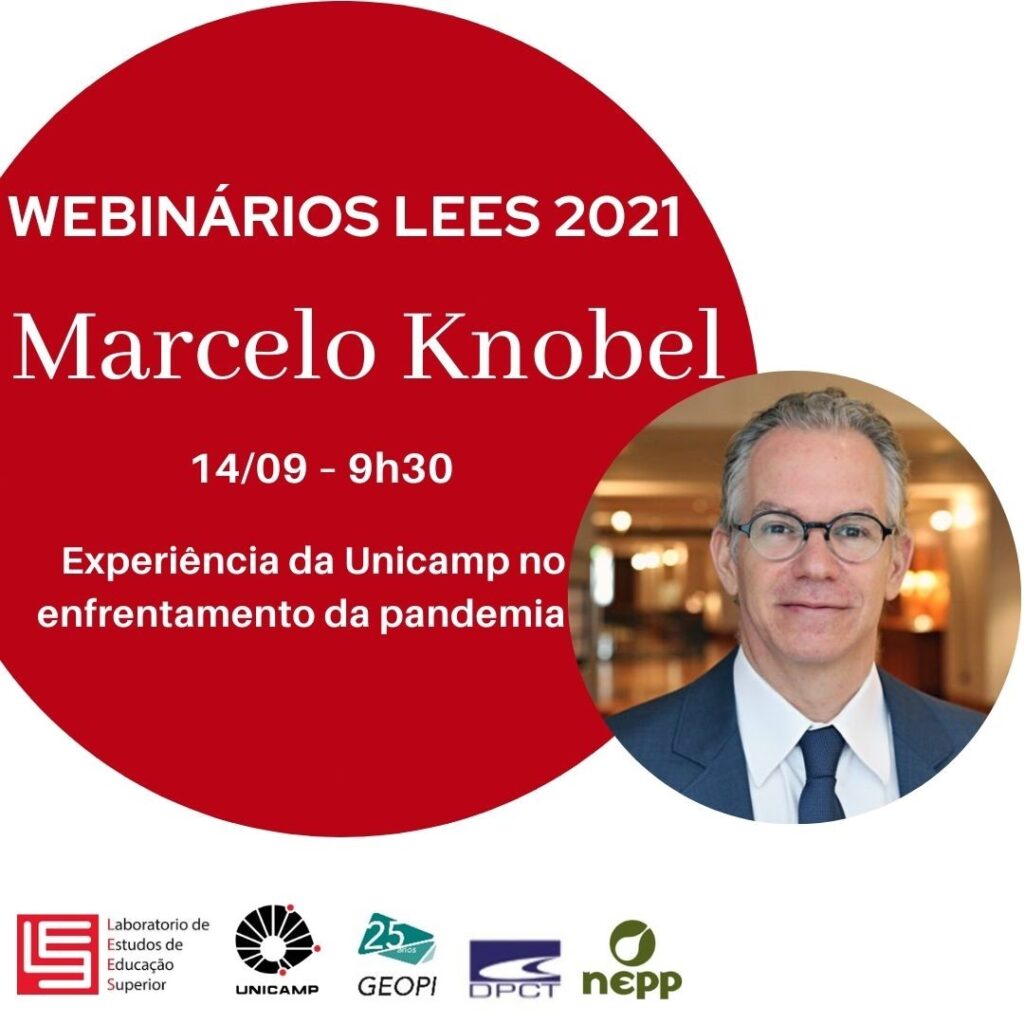
- 14/09/2021
- Online – https://www.youtube.com/c/laboratoriodeestudosdeeducacaosuperiorlees
- Organization: GEOPI and LEES
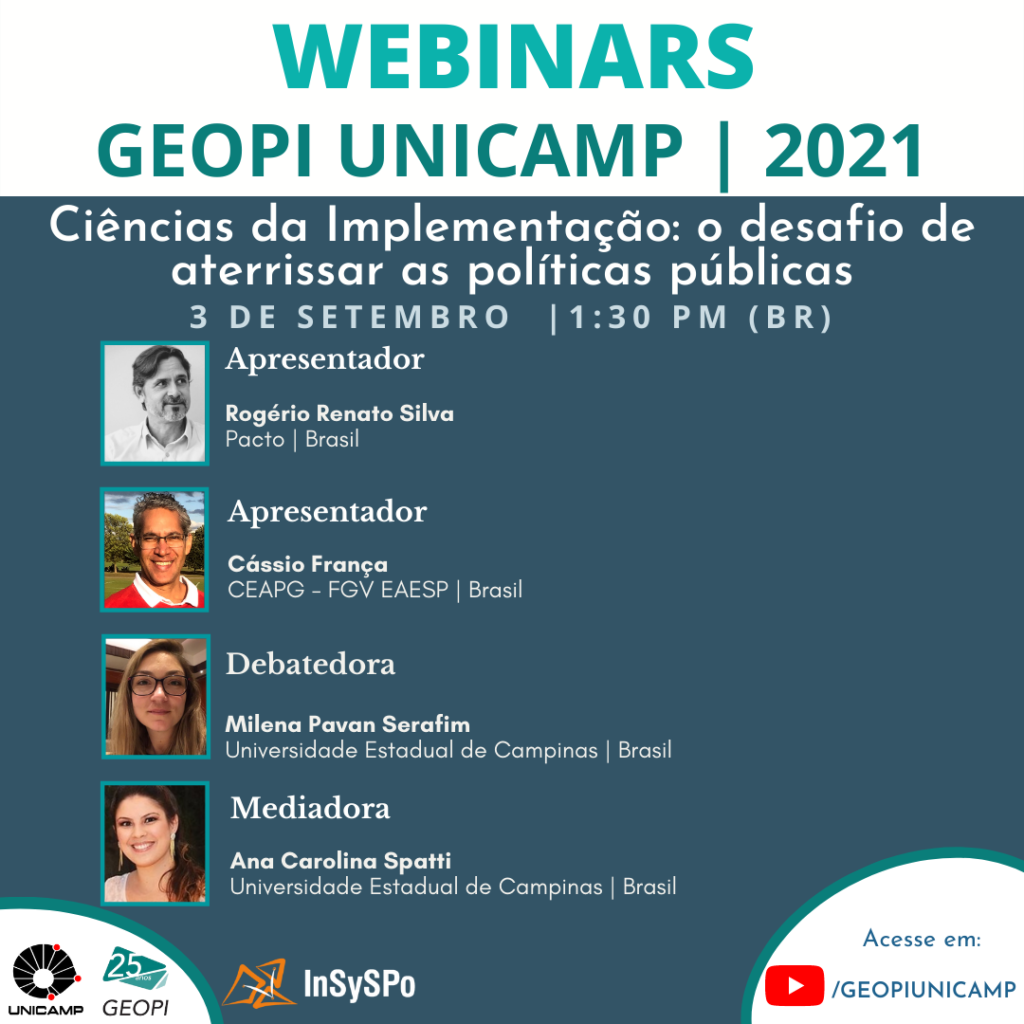
- 03/09/2021
- Online – https://www.youtube.com/geopiunicamp
- Organization: GEOPI

- 01/09/2021
- Registration: https://www.sympla.com.br/amoci-fortec-meeting-2021__1301992
- Organization: AMOCI and FORTEC

- 24/08/2021
- Online – bit.ly/leesunicamp1
- Organization: GEOPI and LEES

- 06/08/2021
- Online – https://www.youtube.com/geopiunicamp
- Organization: GEOPI
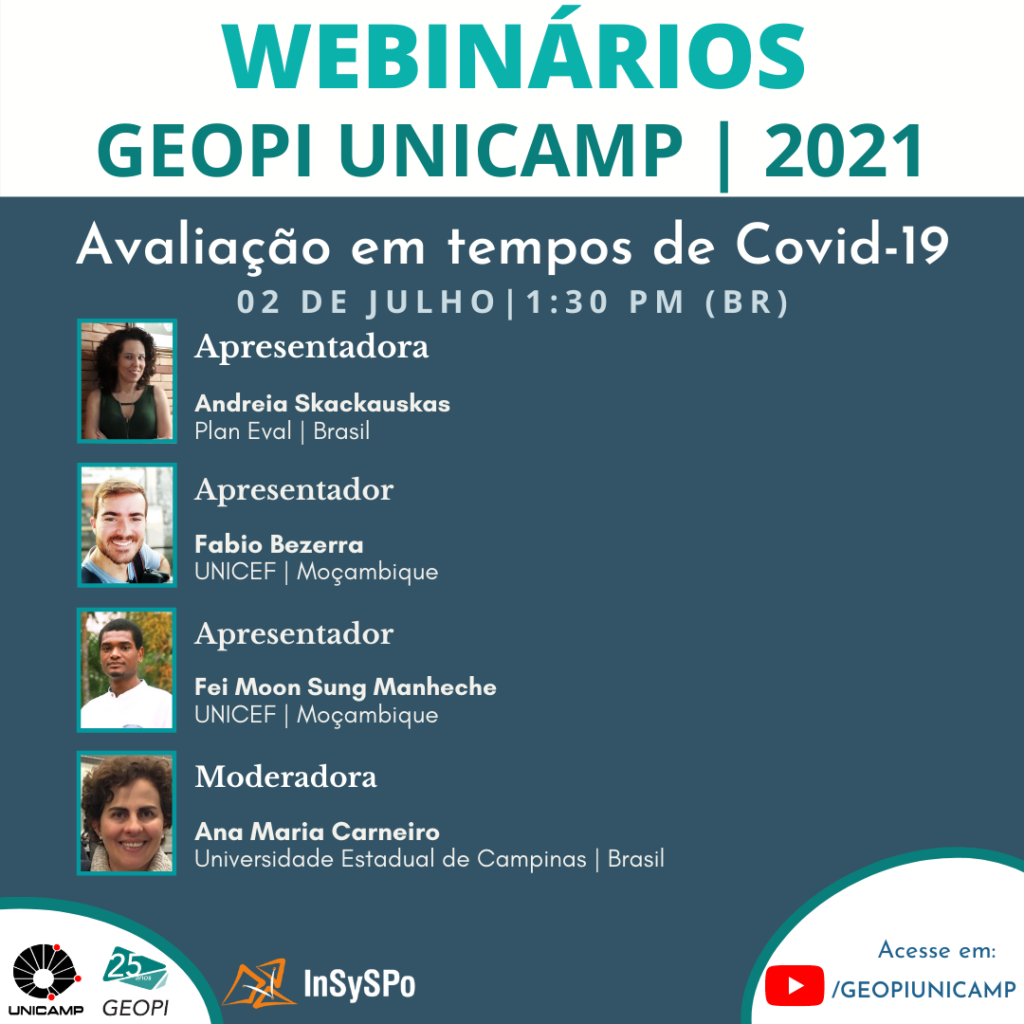
- 02/07/2021
- Online – https://www.youtube.com/geopiunicamp
- Organization: GEOPI
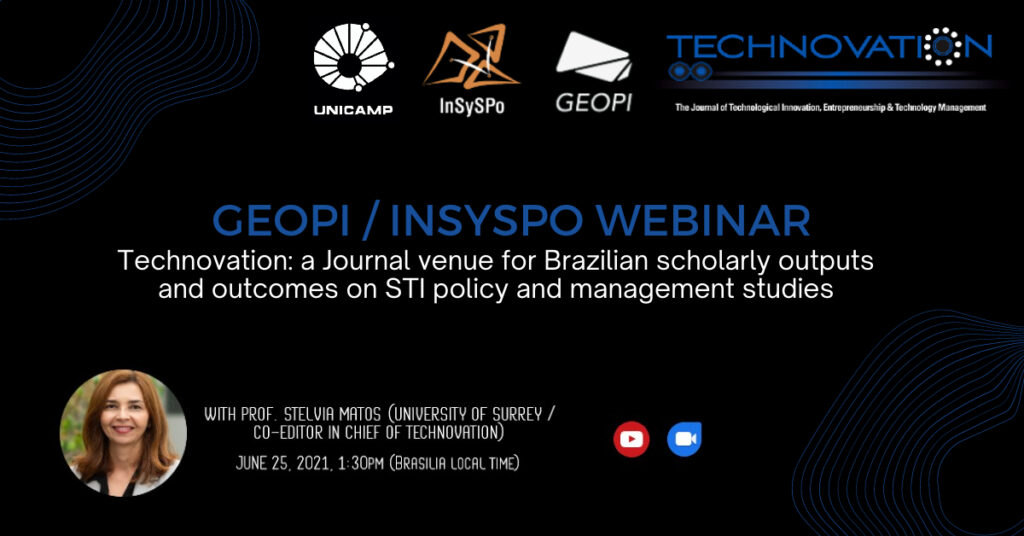
- 25/06/2021
- Online – https://www.youtube.com/geopiunicamp
- Organization: GEOPI
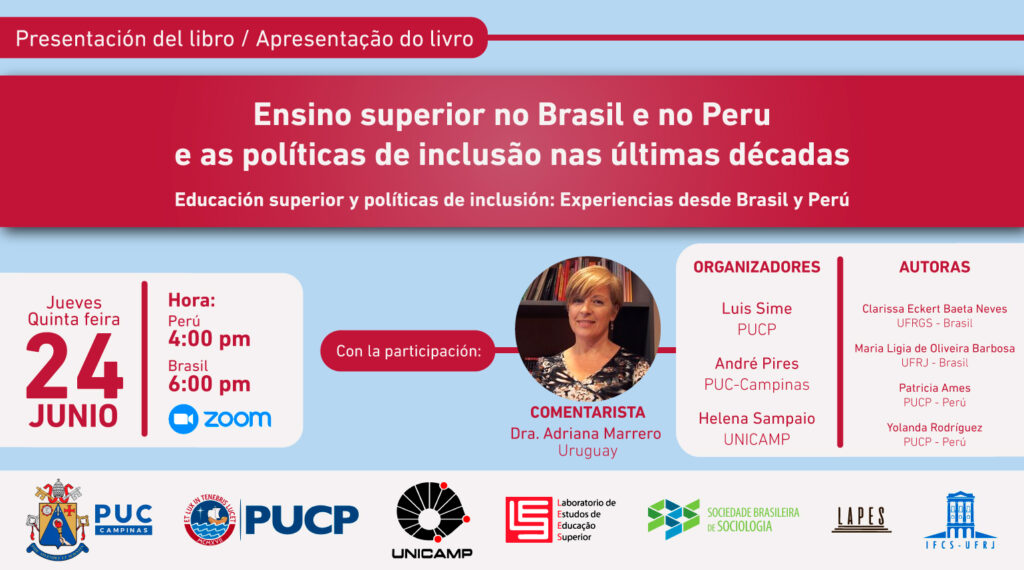
- 24/06/2021
- Link to registration (required to attend the event): https://pucp.zoom.us/meeting/register/tJcqdO-tpj0oE9zqCJYkGcQb7XDxunUa_oEV
- Organization: PUC Campinas, PUCP, LEES/GEOPI/Unicamp

- 04/06/2021
- Online - https://www.youtube.com/watch?v=3PXLqEWpKAM
- Organization: GEOPI

- 14/05/2021
- Online - https://www.youtube.com/watch?v=xxuqnhfgiKw
- Organization: GEOPI
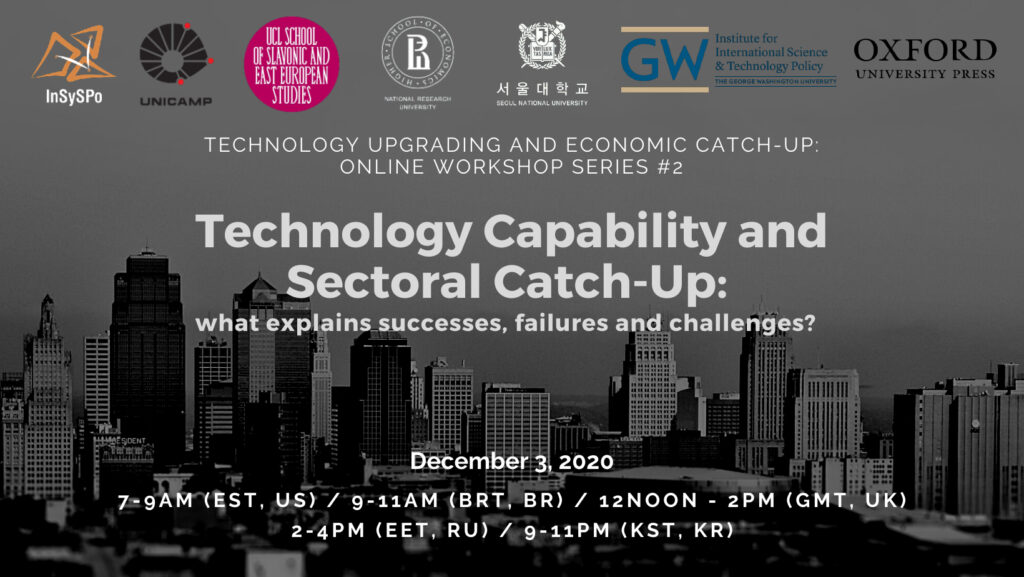
- 03/12/2020
- Online - http://bit.ly/tuecc2
- Organization: InSySPo/SPEC
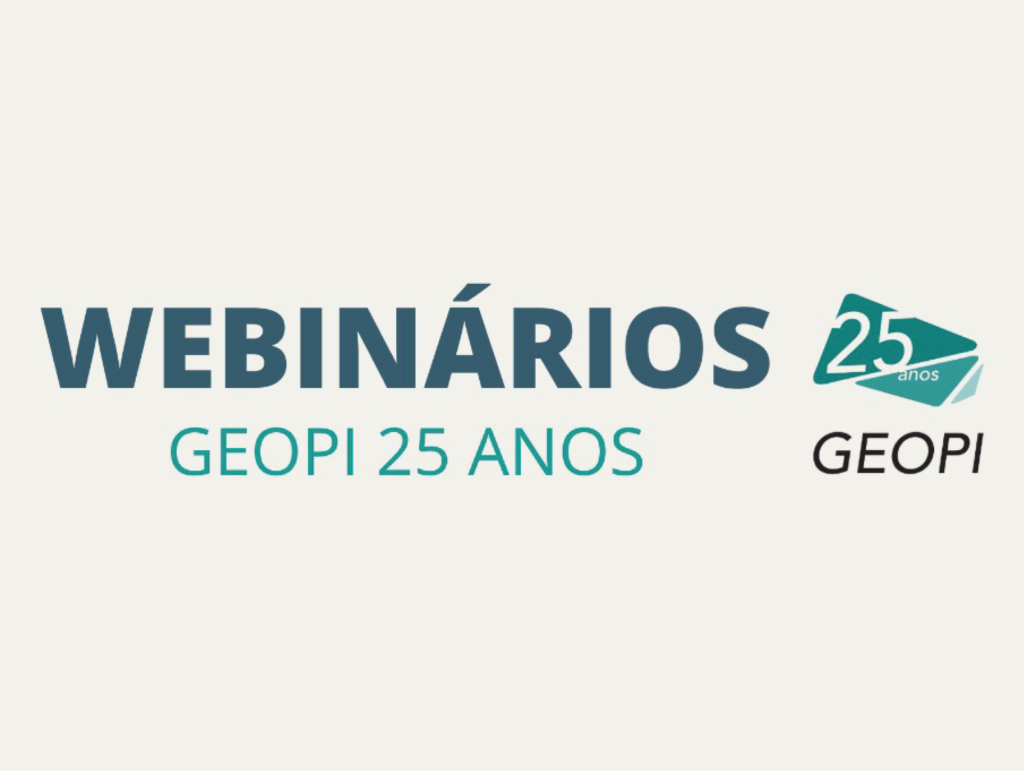
- 30/11/2020 - 04/12/2020
- Institute of Geosciences/Unicamp
- Organization: GEOPI
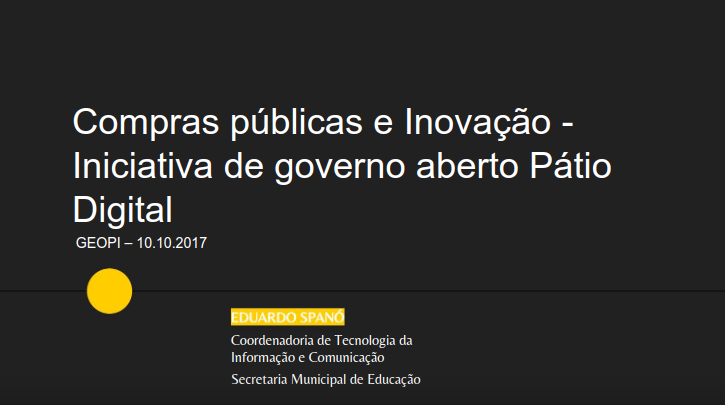
- 10/10/2017
- Institute of Geosciences/Unicamp
- Organization: GEOPI
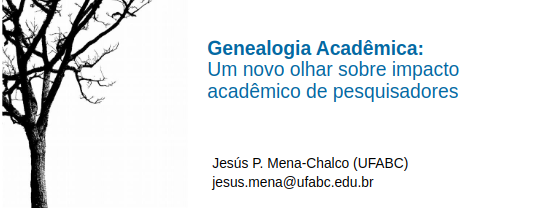
- 10/10/2017
- Institute of Geosciences/Unicamp
- Organization: GEOPI
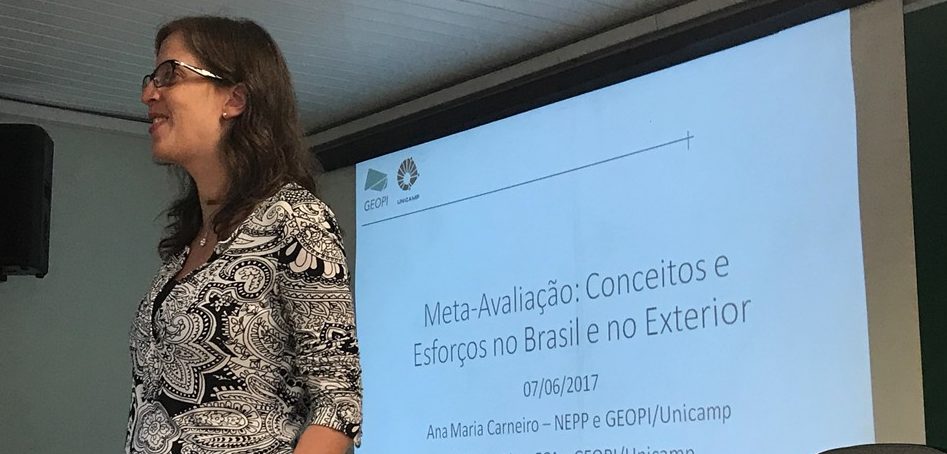
- 07/06/2017
- Institute of Geosciences/Unicamp
- Organization: GEOPI
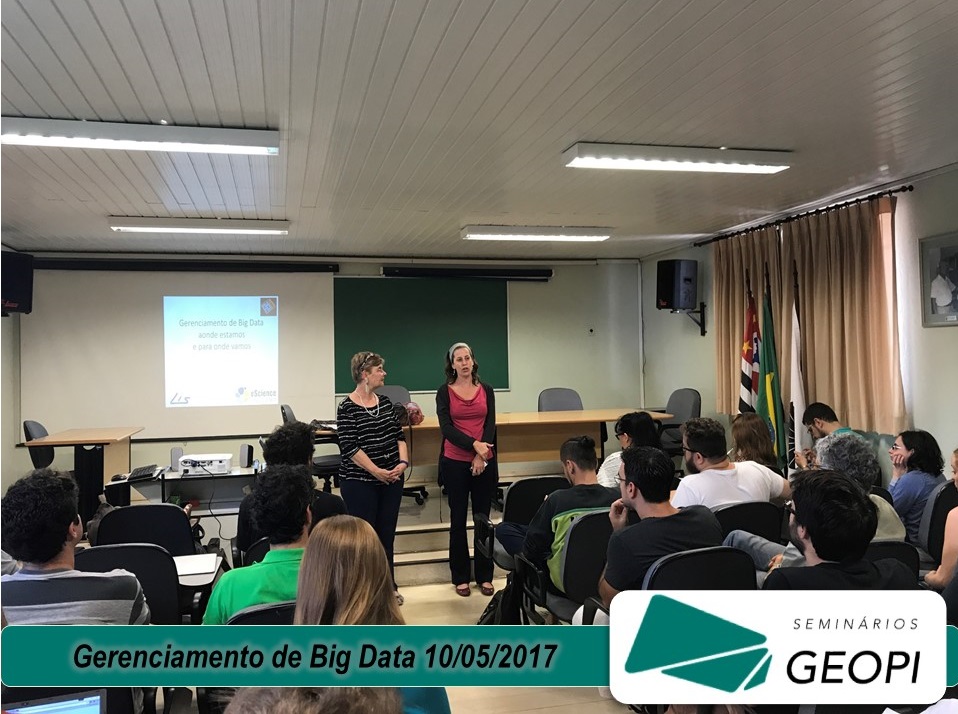
- 10/05/2017
Geopi Seminar – Big Data Management: Where are we and where are we going?
- Institute of Geosciences/Unicamp
- Organization: GEOPI
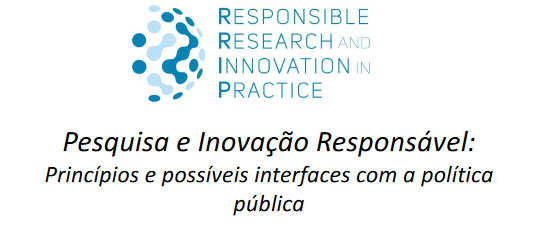
- 29/03/2017
- Unicamp
- Organization: GEOPI
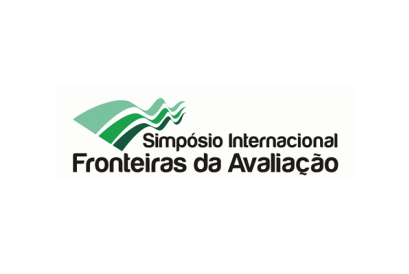
- 18/11/2010 - 19/11/2010
International Symposiym Frontiers of Evaluation
- Campinas
- Organization: GEOPI

